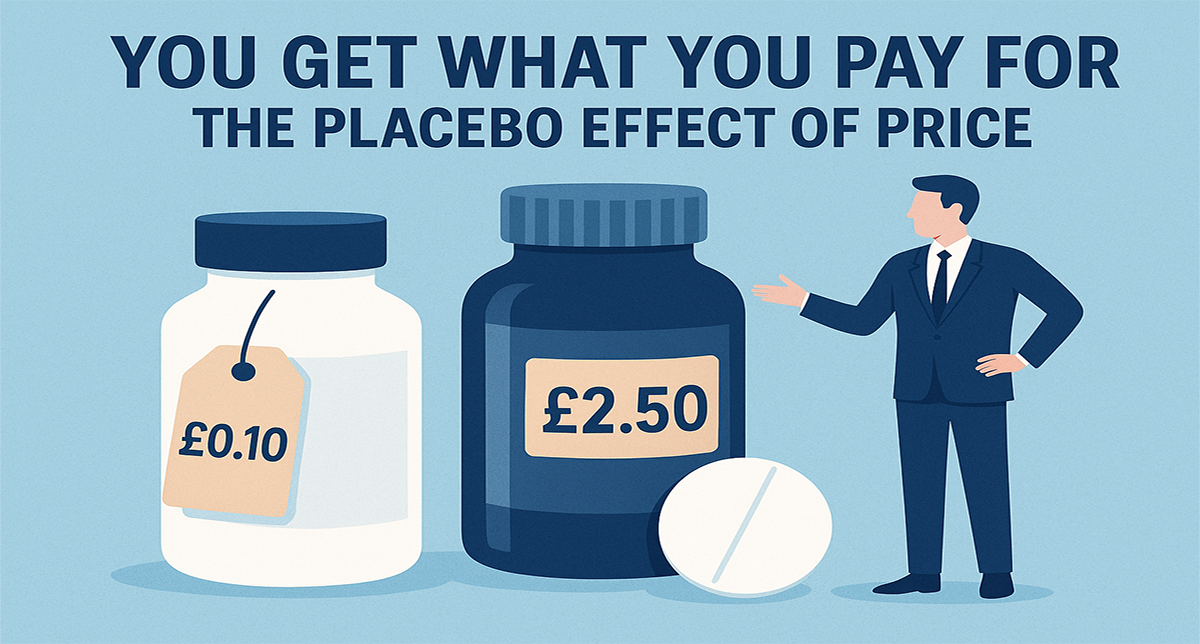The endowment effect occurs when we overvalue something that we own, regardless of its objective market value (Kahneman et al., 1991). This is especially true for things that wouldn’t normally be bought or sold on the market, usually items with symbolic, experiential, or emotional significance. Endowment effect research has been conducted with goods ranging from coffee mugs (Kahneman et al., 1990) to sports cards.
Car showrooms offer an option to take a car for a test drive. According to statistics 88.6% of potential buyers are using this option and taking a test drive. When potential buyers take the car for a test drive, the endowment effect begins to influence. They pretend to be the real owners of the car and as a result, are ready to spend more money on it.
Apple uses a similar method in their stores. Apple stores are the most profitable retails outlets in the world. The average store generates $5,600 per square foot a year and attracts 20,000 visitors per week.
The endowment effect has significant implications for retail:
Try before you buy
Make the sustainable options more accessible and let shoppers play with products for an unlimited amount of time.
Try anything you like
In clothing stores, let shoppers try whatever they like. A shirt with good environmental credentials might appear expensive, but when a potential buyer tries it on and likes it, the sense of ownership influences their value perspective.
Click now, pay later for more sustainable items
Online stores are starting to use the endowment effect too by offering the customer to pay only after delivery. This way they mimic the offline commerce experience by providing the option to try the product first and to pay later.
The endowment effect is an important emotional bias that you can deploy to monetize the sustainability credentials of your brand. But think about your aim. What behavioral change you would like to achieve? Then use the endowment effect during the process to make your brand more preferred by shoppers.

%20(1).jpg)




